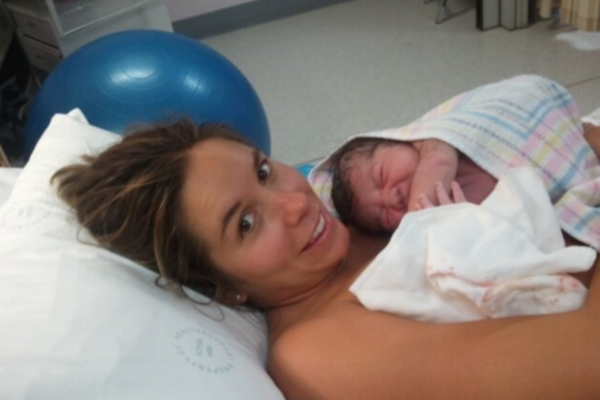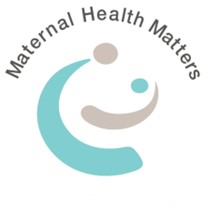What is kangaroo care and what are the benefits?
Kangaroo Care is an evidence-based care strategy that is associated with improved short and long term neurodevelopmental outcomes for infants.
Kangaroo mother care, which involves skin-to-skin contact with the mother/parent started as soon as possible after birth.
Kangaroo care benefits all babies and has been shown to be very effective in improving the health and survival of preterm or low birthweight babies.
The World Health Organization promotes Kangaroo Care for all parents and babies.

Benefits of Kangaroo Care
· Better adjustment for the baby to life outside the womb – regulate their heart rate, breathing and temperature.
· Improves mental development of the infants brain – though may also be associated with breastfeeding.
· Is associated with a reduced risk of mortality.
· Avoids Infections – as it improves immunity to reduce risk of infection and is associated with a reduced risk hospital-acquired infection/sepsis at discharge and afterwards.
· Reduces maternal and infant stress.
· Infants have less separation anxiety, less pain, less crying
· Increases some measures of infant growth.
· Increases some measures of mother-infant attachment.
· Had higher rates of breastfeeding as babies are close to the food supply.
· Can relieve adverse psychological stress and improve the sleep status of mothers of premature infants.
· It can be promoted and used by parents of premature infants in the Neonatal Nurseries to enhance physical and mental health.
· It involves parents in the care of their of their infants
· Have a shorter hospital stay
· It is cost effective as it impacts positively on whole of life healthcare costs
Sadly, Kangaroo Care is not routinely used in Australian hospitals wards and Neonatal Nurseries.
What is stopping us?
Six overarching themes have been identified as barriers and enablers to kangaroo care:
1) The hospital and neonatal nursery physical design and environment;
2) Healthcare provider beliefs about kangaroo care;
3 Clinical practice preferences;
4) Parent presence in the neonatal nursery;
5) A lack of training and formal education of health professionals greatly inhibits kangaroo care provision in the neonatal environment: and
6) Policy focussed on the needs of the health service and health professionals rather than the needs of the parents and baby.
The concept of Kangaroo Care poses a challenge in the mindset of many health professionals and policymakers who believe they are the experts and know best. However, when we listen to parents, they are keen to be kept with their babies and it is about designing services that respect the inclusion pf parents.
It is important for doctors, midwives, nurses and other health professionals to support and enable parents to give kangaroo care.
Recommendation:
Parent–infant kangaroo care is recommended for infants including those in neonatal care settings
References:
https://methods.cochrane.org/equity/kangaroo-care
https://bmcpregnancychildbirth.biomedcentral.com/articles/10.1186/s12884-020-03488-5
https://internationalbreastfeedingjournal.biomedcentral.com/articles/10.1186/s13006-021-00367-3
https://www.nejm.org/doi/full/10.1056/NEJMoa2026486
https://www.frontiersin.org/articles/10.3389/fped.2022.879956/full
https://pubmed.ncbi.nlm.nih.gov/31430017/
https://onlinelibrary.wiley.com/doi/10.1111/nhs.12631
https://handtohold.org/kangaroo-care-benefits/
https://www.parents.com/baby/care/newborn/kangaroo-care-the-importance-of-a-parents-touch/
